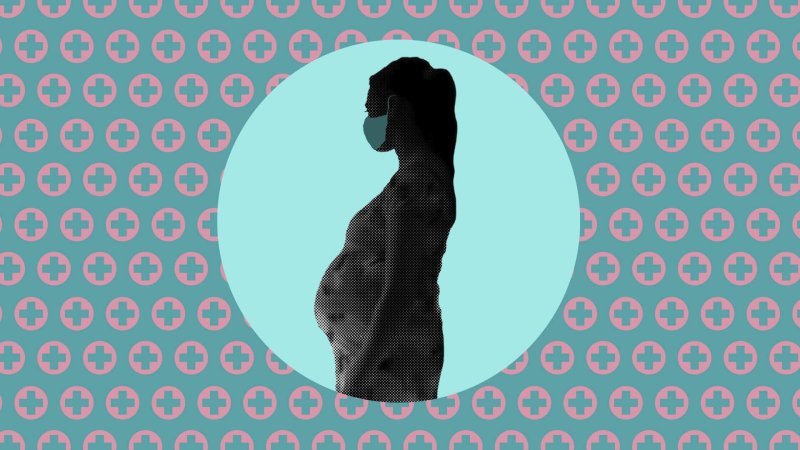[New findings, published January 29 in JAMA Pediatrics, offer] more evidence that Covid-19 antibodies can cross the placenta.
“What we have found is fairly consistent with what we have learned from studies of other viruses,” said [lead researcher microbiologist] Scott E. Hensley.
…
[T]he study suggests that women are not only transferring antibodies to their fetuses, but also transferring more antibodies to their babies if they are infected earlier in their pregnancies. This might have implications for when women should be vaccinated against Covid-19, Dr. Hensley said, adding that vaccinating women earlier in pregnancy might offer more protective benefits, “but studies actually analyzing vaccination among pregnant women need to be completed.”
The antibodies that crossed the placenta were immunoglobulin G, or IgG, antibodies, the type that are made days after getting infected and are thought to offer long-term protection against the coronavirus.
None of the babies in this study were found to have immunoglobulin M, or IgM, antibodies, which are typically only detected soon after an infection, suggesting that the babies hadn’t been infected with the coronavirus.
Experts don’t yet know if the amount of antibodies that passed on to the babies was enough to prevent newborns from getting Covid-19.































